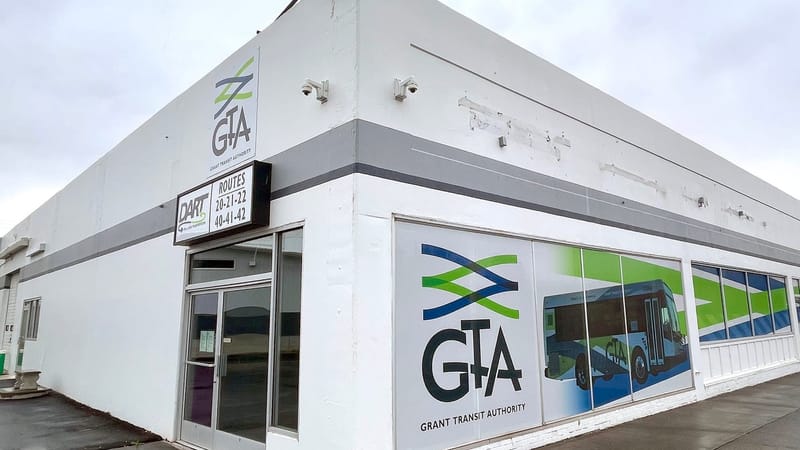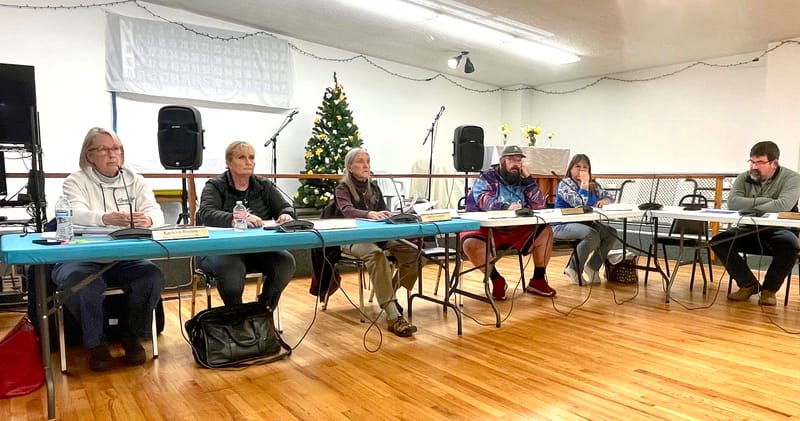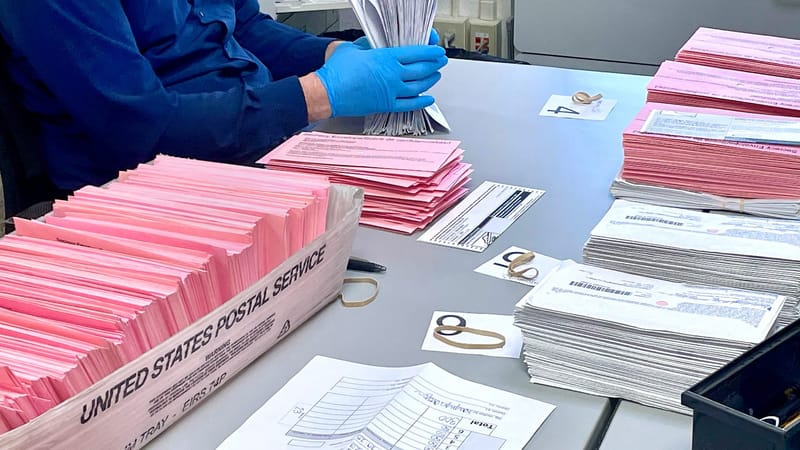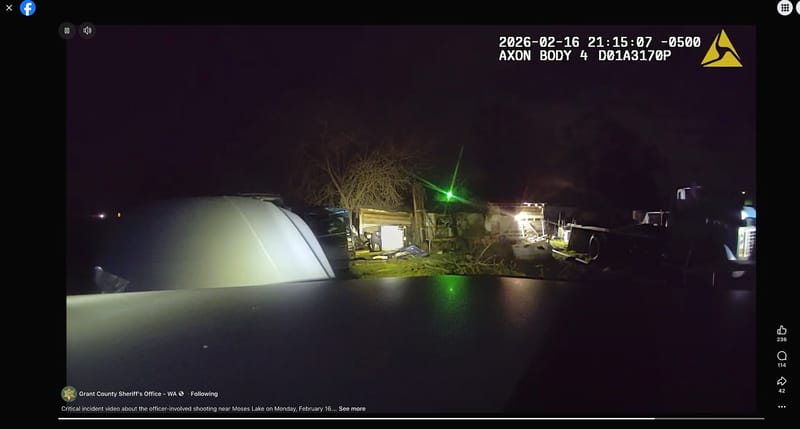'The need is still there' – CBH to rerun bond proposition
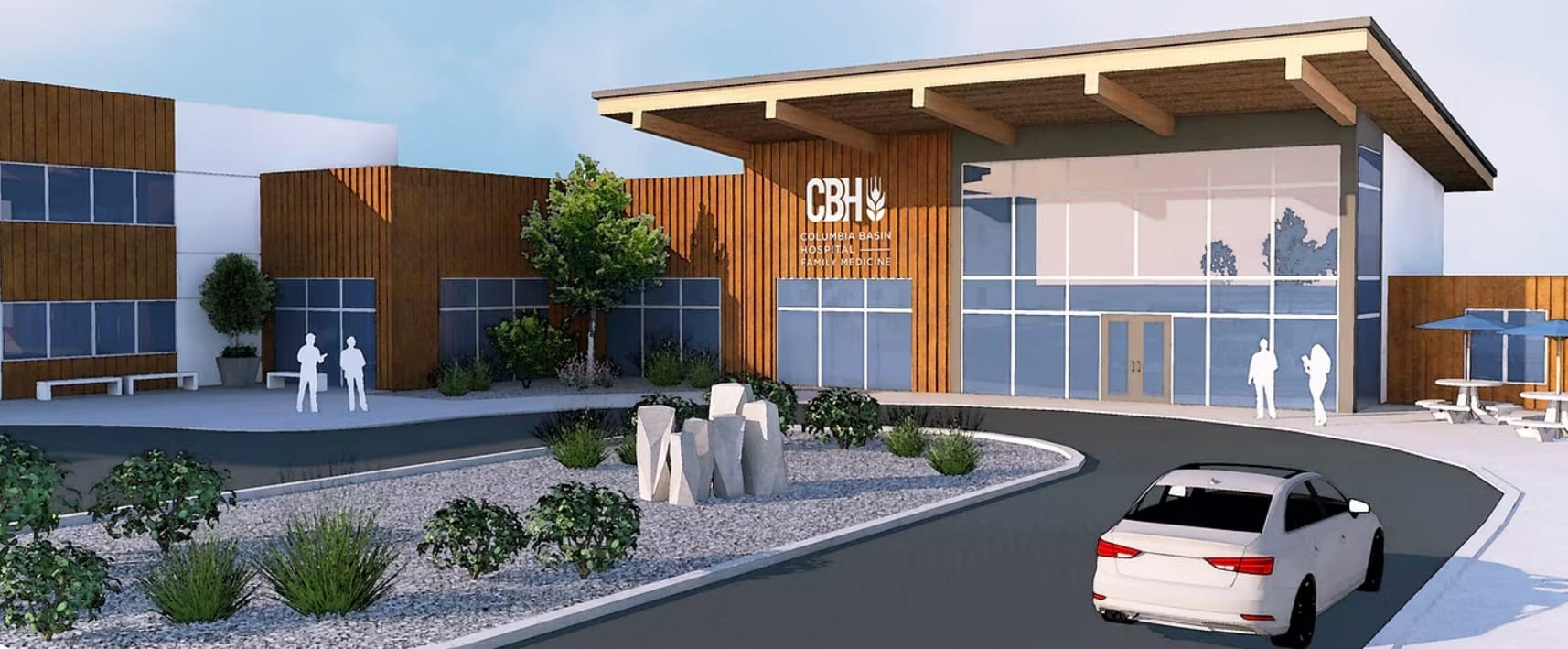
EPHRATA – Columbia Basin Hospital officials intend to rerun a 30-year, $30 million construction bond proposal in the November general election despite the measure’s rejection by voters in the August primary.
“The need is still there. That hasn’t gone away,” hospital administrator/CEO Rosalinda Kibby said in an interview Friday. More space is needed for providers and to expand services as the community continues to grow, she said.
The ballot proposition remains unchanged. But Kibby and Grant County Hospital District No. 3’s five commissioners – Dan Bohnet, Amanda Green, Gary Jacobsen, Amy Paynter, and Catherine Snyder -- hope that improved messaging to the public and increased voter turnout will lead to better results in the Nov. 4 election.
Ballots will be mailed to voters by Oct. 17 and must be returned or postmarked by 8 p.m. on Election Day.
To pass, the bond proposal must receive at least 60% affirmative vote plus 40% turnout by voters residing within the district who cast ballots in the last general election. That was 2024 – a presidential election year when voter turnout is typically highest, setting a high bar now to pass a local tax hike in a time of economic uncertainty.
In last month’s primary, the proposition garnered 45.8% approval -- 1,042 voters favored the measure while 1,235 were opposed, a difference of 193 votes. The total number of votes cast – 2,277 – also fell short of the necessary validation number of 2,534 by 257 votes.
Overall voter turnout within the hospital district for the Aug. 5 election was only 27%, according to final tallies by the Grant County Elections Department. But it’s likely there will be more voter interest in November -- in addition to the bond measure, a contested Ephrata mayoral race will be on the ballot.
About 200 people work at CBH and its associated facilities. Along with the hospital itself, the district operates a family medical clinic, nursing home, and assisted living care, and offers emergency room, laboratory, imaging, and rehabilitation services. "All are full," said Kibby. "We need more space."
Under state law, property taxes collected within their jurisdictions are the primary funding method for maintenance and operations of public hospital districts.
For the Ephrata-based district, that amount is an estimated 34 cents for each $1,000 of assessed property valuation. In addition, the district is currently collecting about 61 cents per $1,000 for repayment of a $13 million renovation bond approved by voters in 2012. That bond will be paid off in 10 years.
For the owner of a $200,000 home, the combined tax dedicated to the Ephrata hospital district currently totals about $184 a year. If Proposition 1 passes in November, the same homeowner would see that amount nearly double with collection beginning later in 2026.
Is a $30-per-month tax increase worth it to property owners and hospital district patrons? Or, perhaps, to anyone who has stood in line to get a prescription filled at the Ephrata Safeway and Walmart pharmacies following closure of Rite-Aid earlier this year.
Kibby thinks so, saying, “There’s a huge need … it would be a big selling point.”
Constructing a new retail pharmacy with a drive-up window that serves the entire community is among the projects that would be funded by the bond. Hours of operation “would mirror what’s in the community,” said Kibby, a reference to the Safeway and Walmart operations, neither of which have a drive-up window.
"I don't see how we would be successful without it," she said.
Other plans include:
- A new outpatient clinic with additional provider space, more appointment availability, increased specialty care, and expanded walk-in and same-day care access. Weekday clinic hours would be extended into the evening and Saturday service would be added.
- Offering same-day hospital outpatient procedures, including wound care, IV infusions, injections, and minor surgical procedures. “Anything we can do to make those (services) better,” said Kibby.
- Adding new “community spaces” for wellness programs, caregiver support, and public education.
Calling it “a pivotal investment,” hospital district officials say the bond measure “is crucial to provide quality care and meeting the growing health-care needs of the community.”

